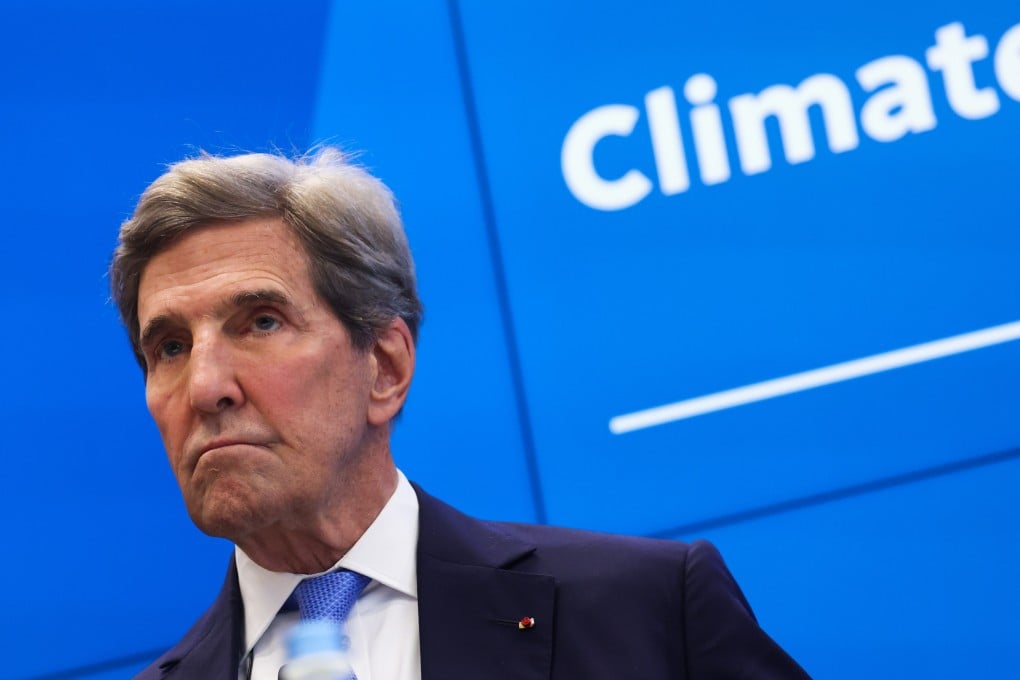Can climate envoy John Kerry lower the heat in US-China relations?
- Kerry is heading to Beijing as Washington tries to put a floor in the relationship between the two countries
- The big sticking point is whether to see climate change as a stand-alone area of cooperation

“During meetings with PRC [People’s Republic of China] officials, Secretary Kerry aims to engage with the PRC on addressing the climate crisis, including with respect to increasing implementation and ambition and promoting a successful COP28,” the US State Department said in a statement.
China’s Ministry of Ecology and Environment said the two sides will have an “in-depth exchange of views on cooperation to address climate change” during the visit, which will finish next Wednesday.
Analysts said Kerry’s visit would be significant both for renewing climate talks between the world’s two biggest greenhouse gas emitters and for moving beyond their political impasse.
But no breakthroughs are likely to come from the trip, with Beijing and Washington expected to continue to bicker over whether climate change should be viewed as a “critical stand-alone issue”, as Kerry suggested, separate from other bilateral disagreements.
